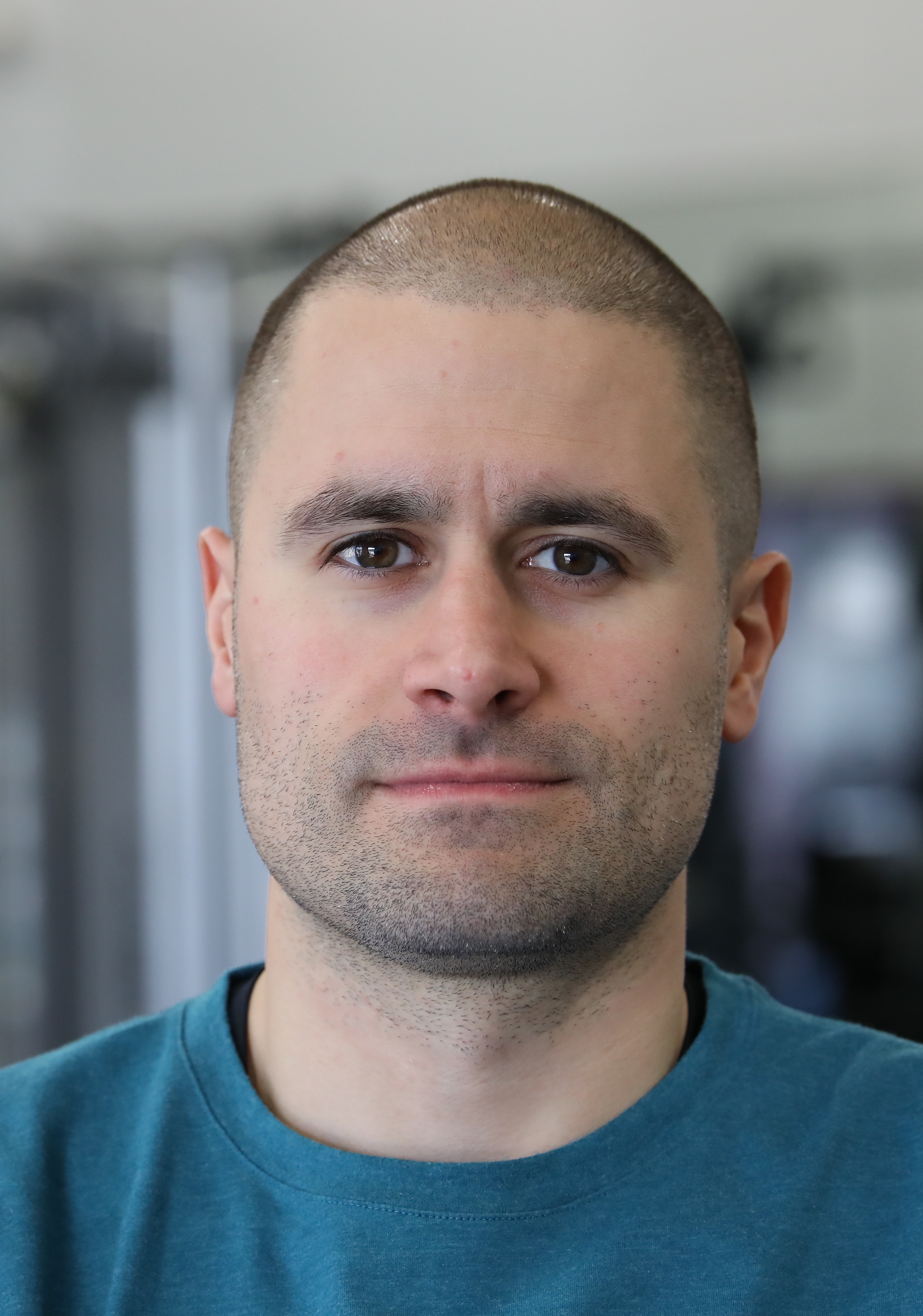THE TOP 3 OFFSEASON ACTIVITIES EVERY ATHLETE SHOULD PRIORITIZE
I see athletes crash and burn in the off-season for 2 common reasons: 1. They view it as a vacation and simply don't do the necessary work. 2. They complicate the off-season training approach and try to do too much. Let's discuss how to avoid either of these extremes and nail down the basic blueprint for major off-season success.
On the one extreme, you have an athlete who ends up trying to cram for the big exam (training camp) all in the last few weeks of the summer or off-season. They come into the season ill-prepared. Within a few days of hard practices they pull something and are behind before the season even starts.
On the other extreme, you've got the athlete who spent the off-season lifting, running, swimming, taking spin classes, yoga, pilates, P90X, doing sport skill work and then playing the actual sport a bit too. They come into the season looking like they just spend 74 days at sea in a rubber raft and by the time the first game comes around they feel like they've played an entire season.
Both cases will set an athlete up for failure during the season but both are easily avoided. The blueprint to having an off-season that will have teammates and coaches saying "whatever you did this summer - it WORKED" is as simple as sticking to the following 3 priorities:
1. skill acquisition & development
If you want more minutes during the season or expect to advance to the next level in your sport, you need to display at least one sport skill at a high level. Figure out the sport skill or skills that allow you to contribute during competition and use the off-season to sharpen them.
2. Train for durability
Anything that goes into your off-season training will make you either more durable or less. You'll need advanced sport skills to succeed at your sport but you'll need durability to display those skills. Stay away from training methods that don't promote durability. When in doubt default to the notions that simple is better or less is more.
RELATED: The #1 Reason That Durability Is Elusive For Today's Athlete (Part 3)
3. sleep
When you're not doing 1 and 2 on this list, you should be sleeping or developing good sleep hygiene/routines. The off-season is when you need to recover from all of the wear and tear of the season. Sleep is when these regenerative efforts occur. Additionally, the off-season will typically bring an increase in training/skill work volume. In order to convert all of that work to gains, you need more sleep.
take home
Of course, there are other things that make up an all-star off-season like getting away from your sport/training completely for a few weeks after the season ends to decompress physically and mentally. You'll also want a focused approach to nutrition during the off-season to support all of the work. The key to your best off-season ever is to stay ruthlessly tied to sharpening your skills, training for durability and sleeping.
ABOUT THE AUTHOR

Tim DiFrancesco, PT, DPT spent 6 seasons as the Head Strength & Conditioning Coach of the Los Angeles Lakers and is the founder of TD Athletes Edge. He is nationally renowned for his evidence-based and scientific approach to fitness, training, nutrition, and recovery for athletes and fitness enthusiasts.
